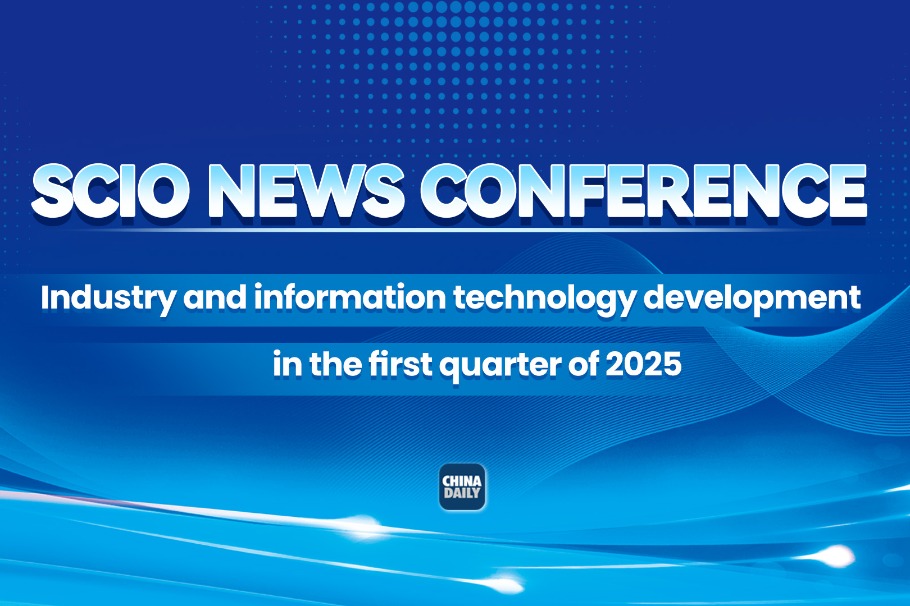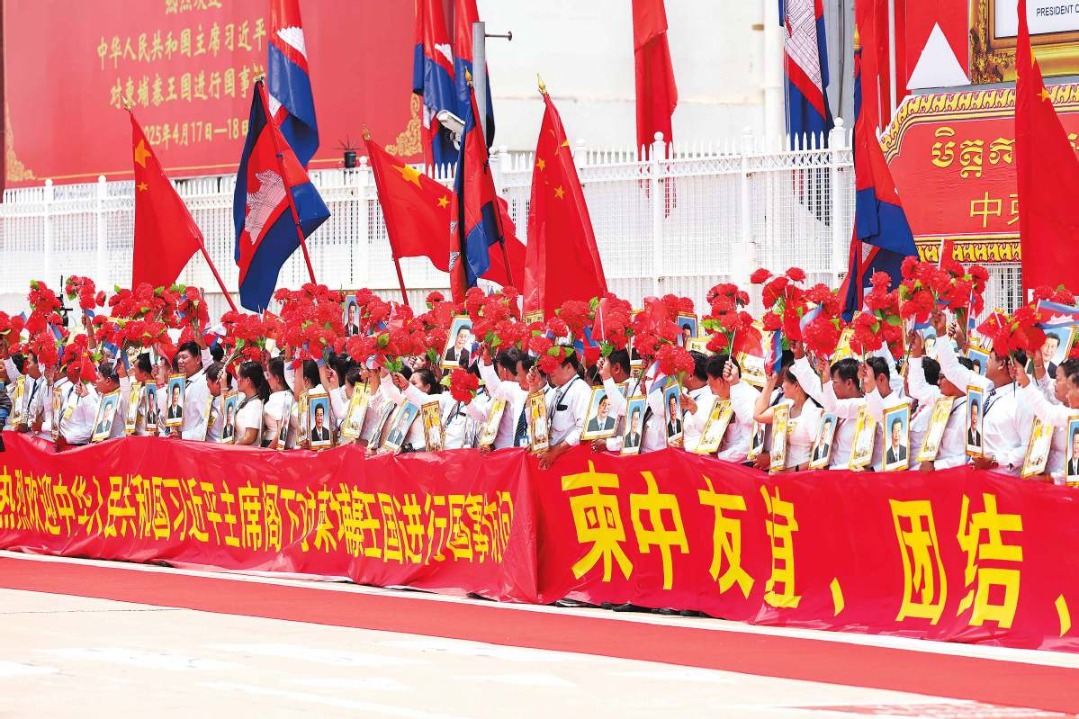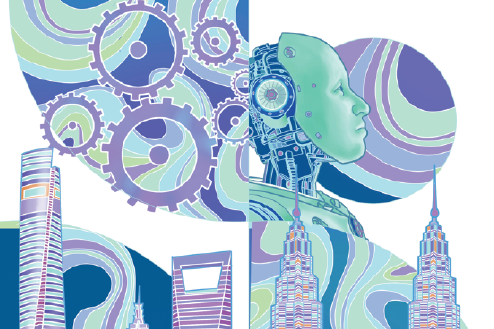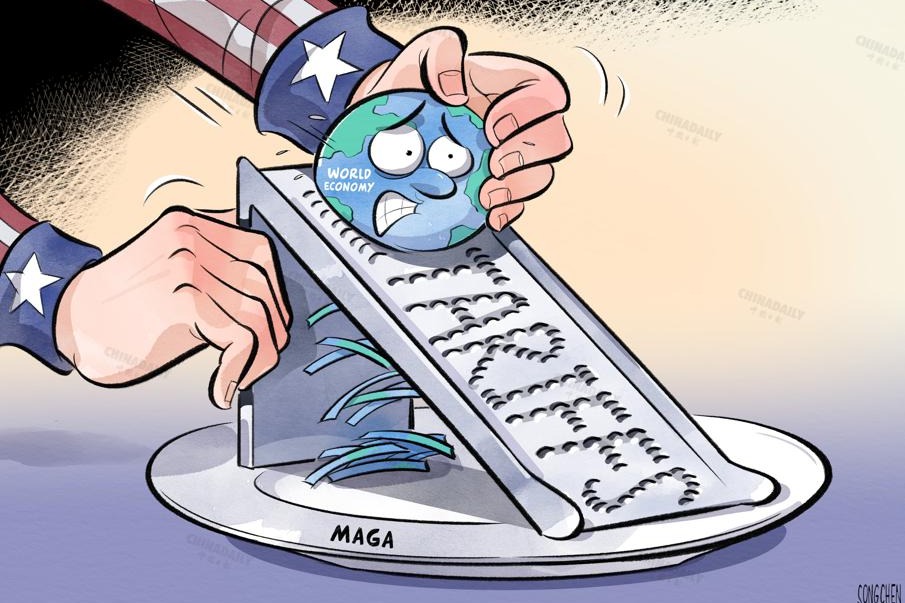Is TARIFF a beautiful word for you?

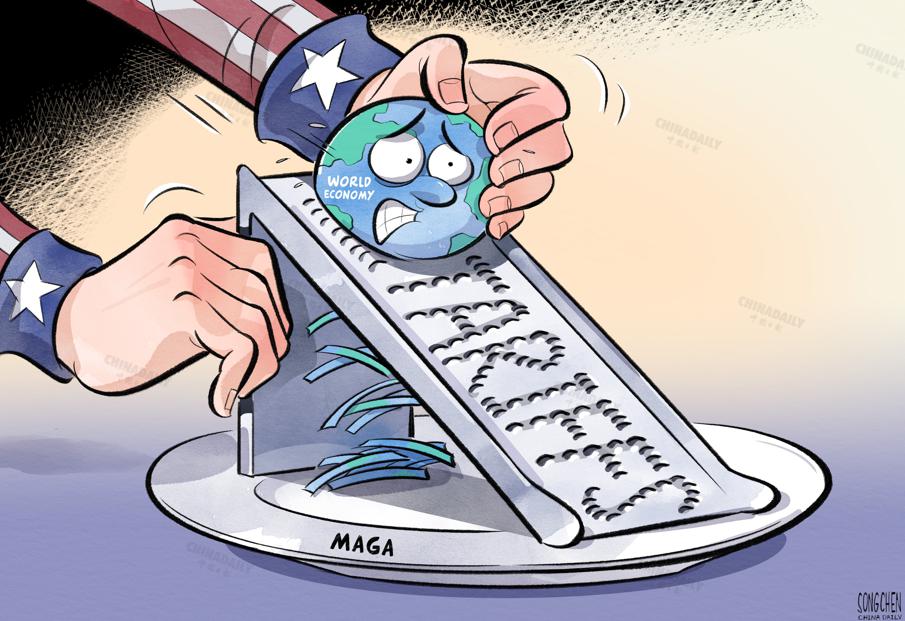
The word "tariff" has been called the most beautiful word in the dictionary, but for the majority, it could be another story. While it seems a big relief for Apple fans that tariff exemptions spared their iPhones from price hikes, consumers of daily items still confront a mess in front of the inflated necessities.
Imagine you go shopping as usual, but suddenly notice that the egg price has risen by 60%. "Still affordable," You tell yourself. But you freeze at the dairy section because milk that was once $3.99 per unit now costs $7.49. You grab two, wondering whether you are buying "liquid" from a royal cow. Passing the toothpaste aisle, Crest is up by 25%, Dove bars are now 30% heavier on your wallet. Reluctantly adding them to your cart as household essentials, you join the unusually long checkout queue where others’ overflowing carts hold precisely the items missing from emptied shelves. Ahead, a father tries reasoning with his daughter, "Sweetheart, $80 for a stuffed panda..." The girl, however, clings to it desperately, bursting into a crying wail through the store.
You pay $47 more than last month’s total but dismiss it as usual inflation until your sister complains her wedding dress budget shattered by the 145% tariff on Chinese-made gowns. "Why not buy US-made?" You challenge. She sighs, "China produces the best silk anyway. Even local designers source there." Your son rushes in, yelling that summer camp T-shirts requires extra fees, while he wants a new pair of sneakers demanding $230 which is beyond his pocket money. "It was $150 last week!" Puzzled by the successive strange events of the day, you finally put up a burning question: Why is everything getting more expensive?
This isn’t hypothetical. This is exactly the daily experience of countless Americans struggling to survive against the government’s tariff policies. The domino effect starts from American importers directly paying for tariffs and concludes with consumers ultimately bearing the price shocks. Yale University analyzes that the tariffs could cause overall US inflation to rise by 2.3% this year and a loss of $3,800 per year for the average US household.
It is merely theoretically appealing to take tariffs as a silver bullet. Although the price penalties imposed on imported goods may drive people to buy domestic alternatives and entice investors to build stateside factories, redirecting manufacturing to America still unveils a set of challenges: the domestic infrastructure is aging, workers demand high wages and supply chains are tangled in a complicated web of global imports. Reestablishing domestic production capacity requires a large amount of money and a prolonged timeline, meanwhile, tariffs keep working to challenge Americans’ wallets.
While politicians claim victory, ordinary Americans finally foot the bill amid financial crises. Is TARIFF a beautiful word for you, if it makes wallets thinner, closets barer, and childhood a little less magical?
The views don't necessarily reflect those of China Daily.
If you have a specific expertise, or would like to share your thought about our stories, then send us your writings at [email protected], and [email protected].
















